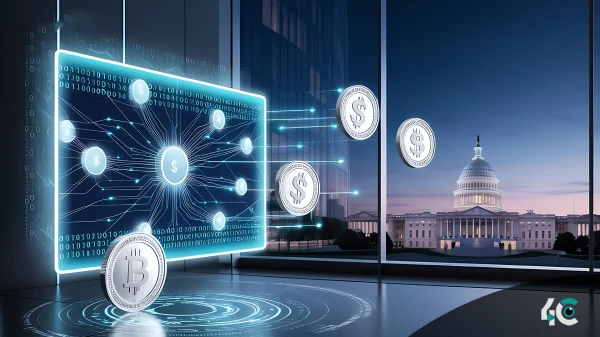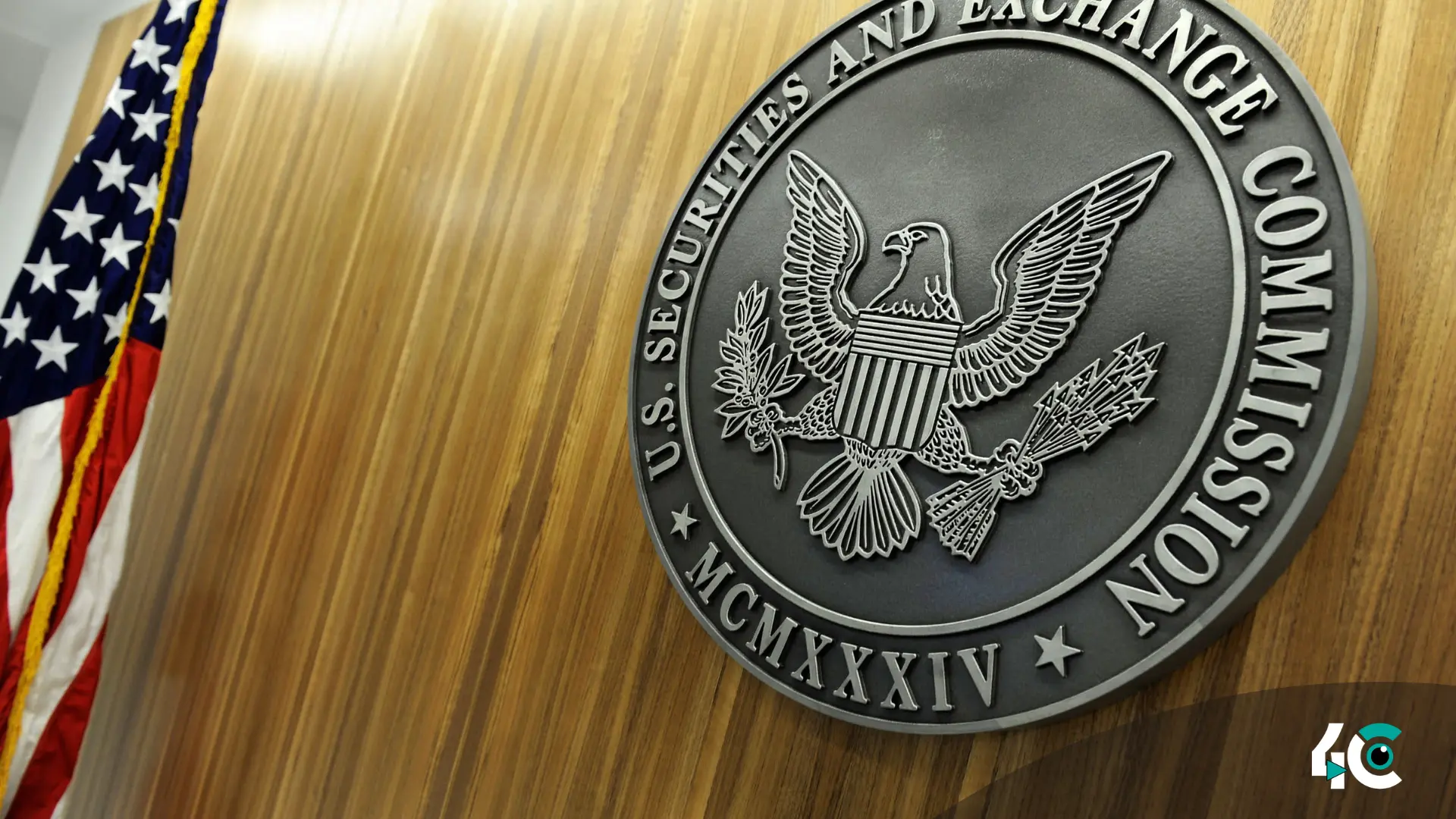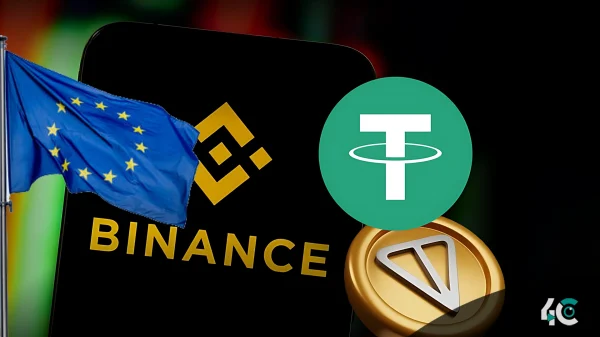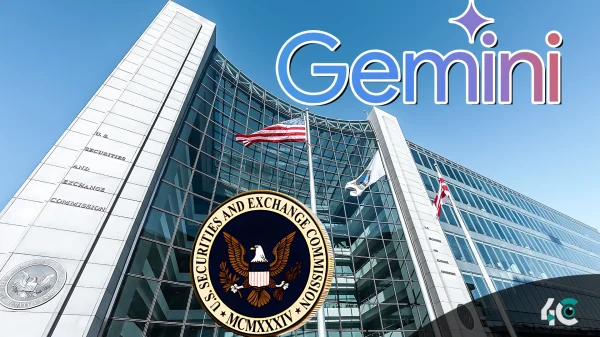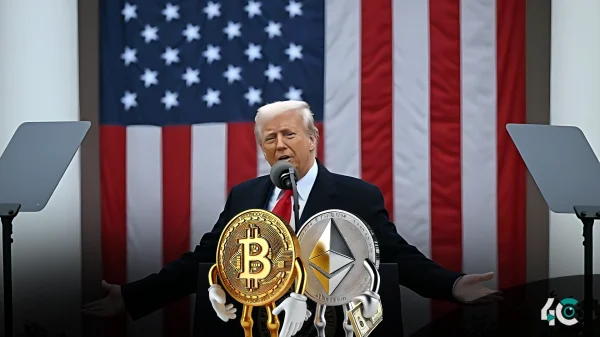If these payments are made with stablecoins, the U.S. Securities and Exchange Commission (SEC) has said it might question payments made to creditors of the now-defunct cryptocurrency exchange FTX. Even though the SEC hasn’t said outright that these kinds of purchases are illegal, they have said that they will not go along with deals that use crypto assets, especially those that are tied to the U.S. dollar.
In a document sent to the U.S. Bankruptcy Court in Delaware on August 30, SEC lawyers raised worries about FTX’s suggested repayment plan, which calls for paying back creditors with either cash or stablecoins. The agency made it clear that it is not taking a position on whether or not these stablecoin payments are legal, but it does have the option to question them under federal securities laws.
Since its dramatic fall in November 2022, FTX has looked into a number of ways to pay back its debts. One of these was a plan to restart the exchange, which was later dropped. Creditors will be paid back in cash or stablecoins based on the U.S. dollar value of FTX’s assets at the time of bankruptcy. This is how the current plan is supposed to settle debts.
The SEC’s most recent filing not only makes people wonder if stablecoin transactions are legal, but it also shows that FTX’s plan doesn’t say yet which company would be in charge of giving these funds to debtors. This absence has made things even more difficult, which has led to more scrutiny.
The SEC’s position has been harshly attacked by people in the crypto business. Notably, Alex Thorn, who is the head of research at Galaxy Digital, and Paul Grewal, who is the chief legal officer of Coinbase, have said that the SEC is going too far and using unclear threats to put pressure on FTX debtors. Thorn attacked the SEC’s continued view that stablecoins should be labeled as “crypto asset securities.” The SEC has maintained this view even after dropping a similar case against Paxos, the company that issued Binance USD (BUSD).
This new development shows that there are still problems between U.S. officials and the cryptocurrency industry. The SEC is still trying to figure out how to handle digital assets, and the industry is fighting back against what it sees as too much control. Depending on how this case turns out, future bankruptcy cases and more general rules about how to regulate crypto assets, especially stablecoins, may handle them differently.











